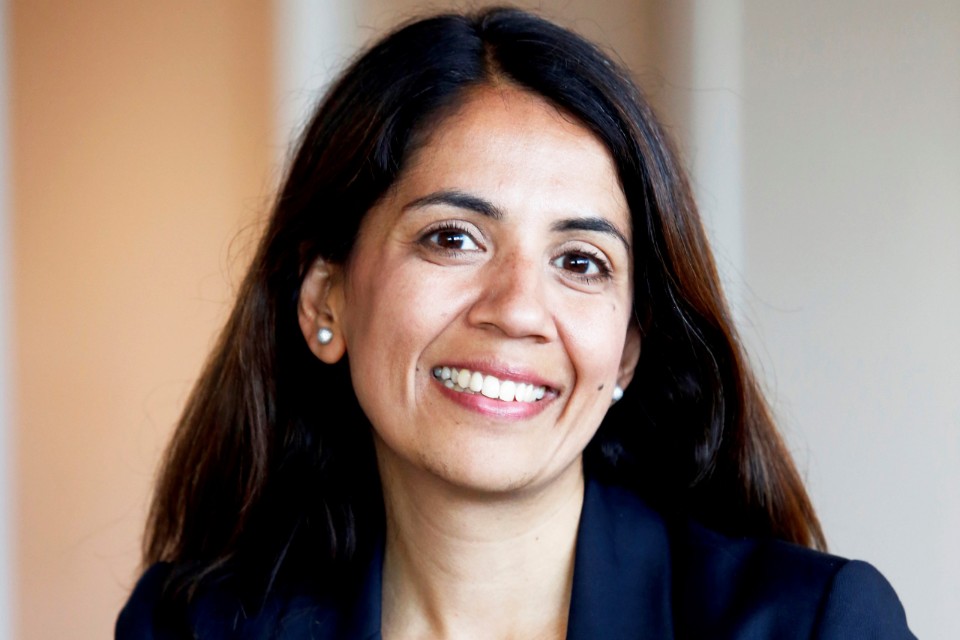On the road to a sustainable future: Net Zero Transport Board paves the way for a green recovery
- new board of high-profile expert stakeholders to guide and shape government’s transport decarbonisation plan
- today’s first meeting of industry leaders to advise government on steps to ensure green recovery
- public to be given opportunity to provide feedback on transport decarbonisation
Transport Secretary Grant Shapps will today (8 July 2020) launch the first meeting of the Net Zero Transport Board to help guide the decarbonisation of UK transport.
The board will bring together high-profile leaders from a range of fields including behavioural change and policy, as well as experts from a number of prominent industry sectors including environment, science, aviation and technology. The meetings will guarantee a truly collaborative and joined up approach to tackling the wide-ranging issue of transport decarbonisation.
The group, who will meet for the first time later today, will provide the opportunity for the Transport Secretary, Transport Minister Rachel Maclean and Minister for Clean Growth Kwasi Kwarteng to hear from high-profile expert stakeholders on what steps they feel government should be taking to ensure a green recovery from coronavirus (COVID-19) and the associated economic impact.
The agenda will cover what further action the government should be taking to support jobs and the economy in line with the UK’s transport decarbonisation goals with the Transport Secretary highlighting the government’s aim for 2 million jobs by 2030 in the low carbon economy and its supply chains, up from 460,000 today.
Mr Shapps will add that many of the actions being taken to deliver net zero are investments that will also stimulate the economy and grow new low carbon industries across the UK.
Transport Secretary Grant Shapps said:
Transport has a huge part to play in tackling climate change and today’s meeting is another important step for this country on our road to net zero.
Clearly our ground-breaking transport decarbonisation plan must be shaped by the best brains and informed by the widest array of expertise and experience.
I’m determined to build a greener, healthier, more prosperous Britain for future generations and I have no doubt that the Net Zero Transport Board will play an integral part in our green recovery.
The board will also help shape and inform the transport decarbonisation plan coming later this year. It is the first time the UK will lay out its approach to decarbonising every form of transport, setting out a credible and ambitious pathway to delivering transport’s contribution to carbon budgets and to meeting net zero by 2050.
Last year, the UK became the first major economy in the world to pass laws to end its contribution to global warming by 2050. The target will require the UK to bring all greenhouse gas emissions to net zero by 2050, compared with the previous target of at least 80% reduction from 1990 levels.
Alongside the first meeting of the board today, the government is also providing an opportunity for the public to feed back their views online on the development of the transport decarbonisation plan to ensure that the plan works for everyone.
Transport Minister Rachel Maclean said:
The Transport Net Zero Board will be a key component of our greenprint for the future.
The coronavirus pandemic has led to people making huge changes to the way they live, work and travel, and we want to capitalise and build on the new habits people have developed, as well as champion the power of new, cleaner technologies on our road to a green recovery.
The government has pledged to put a green recovery for transport at the heart of its decisions, and the meeting later today follows the unprecedented work taking place as part of the green economic recovery including a £2 billion fund for cycling and walking – the largest investment ever made in this area.

